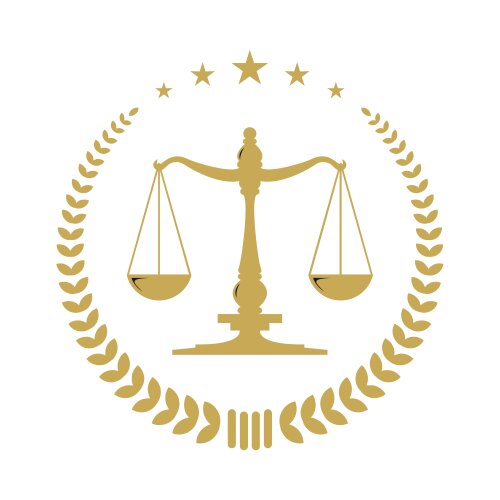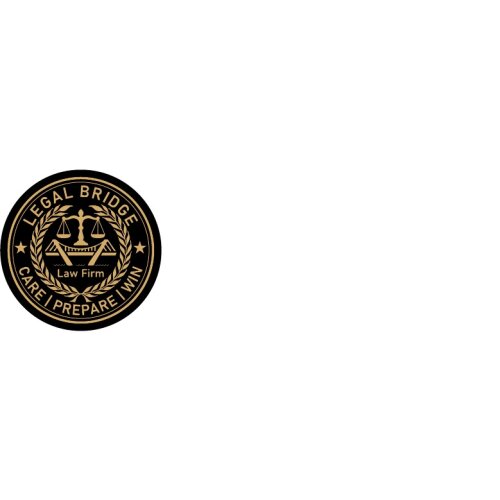Best Landlord & Tenant Lawyers in Pakistan
Share your needs with us, get contacted by law firms.
Free. Takes 2 min.
Free Guide to Hiring a Real Estate Lawyer
Or refine your search by selecting a city:
List of the best lawyers in Pakistan
About Landlord & Tenant Law in Pakistan
Landlord and Tenant law in Pakistan governs the rental agreements and relationships between landlords and tenants. These laws are designed to protect the rights and obligations of both parties. The legal framework primarily includes rent control acts specific to different provinces and regions. These laws set the guidelines for issues such as rent payments, security deposits, lease agreements, eviction processes, and dispute resolutions.
Why You May Need a Lawyer
There are various reasons why individuals might seek legal advice in landlord-tenant matters:
Dispute Resolution: Conflicts can arise over rent increases, payment schedules, and lease violations.
Evictions: Handling unlawful evictions or defending against unfair eviction claims often requires legal expertise.
Lease Agreement Complications: Whether it’s drafting a new lease agreement or interpreting existing terms, legal guidance can provide clarity and security.
Property Damage Claims: Situations involving damage to the property or personal belongings can lead to legal disputes.
Maintenance and Repairs: Disagreements over responsibility for upkeep and repairs can necessitate legal intervention.
Local Laws Overview
The key aspects of landlord-tenant laws in Pakistan vary across provinces, but generally include the following elements:
Rent Control: Rent increases are regulated by specific provincial acts which outline permissible limits and timings.
Security Deposits: Laws dictate the handling, usage, and return of security deposits following tenancy.
Tenancy Agreements: Written agreements are encouraged, detailing rent, duration, and obligations of both parties.
Evictions: Legal procedures must be followed for eviction, including serving notices and obtaining court orders.
Rights and Duties: Both tenant and landlord have specific rights and duties that must be adhered to, intended to protect the interests of both parties.
Frequently Asked Questions
What constitutes a legal rental agreement in Pakistan?
A legal rental agreement typically includes the terms of rent, the duration of the tenancy, responsibilities of both parties, and any specific rules or conditions. It’s advisable to have agreements in written form.
How is rent determined and regulated?
Rent is generally determined by mutual agreement but can be influenced by market conditions. Provincial laws regulate rent increases, requiring landlords to adhere to specified limits and provide proper notice.
What should I do if I face an eviction notice?
Consult a lawyer immediately. Understand your rights and the eviction process, and if necessary, prepare to contest the eviction in court if it is unfair or follows improper procedures.
Who is responsible for property repairs?
The landlord is generally responsible for structural repairs and significant maintenance. Minor repairs and everyday upkeep may be the tenant’s responsibility, as specified in the lease agreement.
Can a landlord enter my home without notice?
No, landlords usually must provide notice before entering the rented property, except in emergencies. The terms governing entry should be outlined in the lease agreement.
What are my rights if my landlord refuses to return my security deposit?
If your landlord refuses to return your security deposit without justification, you may have the right to take legal action to recover the amounts owed to you.
How can I legally terminate my lease early?
To terminate a lease legally, you need to provide notice as per the lease agreement's terms. Some agreements include ‘break clauses’ to allow for early termination under specific conditions.
Where can I file a complaint against my landlord or tenant?
Complaints can typically be filed with local rent controllers or relevant provincial housing authorities. Legal counsel can guide the correct jurisdiction and procedure for filing complaints.
What steps can I take if my landlord is harassing me?
Document any harassment incidents and seek legal advice to understand the remedies available. A lawyer can assist in taking appropriate legal actions against harassment.
Are verbal tenancy agreements recognized under Pakistani law?
While verbal agreements can be binding, they are harder to enforce compared to written agreements. It’s recommended to formalize tenancy agreements in writing to avoid disputes.
Additional Resources
For further information and assistance, you may consider reaching out to the following resources:
Provincial Rent Control Offices: These are responsible for the enforcement of rent laws in specific regions.
Local Law Societies: These societies can connect you with legal professionals specializing in landlord-tenant law.
Consumer Protection Councils: They offer guidance and support in resolving disputes between landlords and tenants.
Next Steps
If you require legal assistance in landlord-tenant matters, consider following these steps:
Consult with a Lawyer: Seek recommendations or use online directories to find experienced lawyers in your area.
Gather Documentation: Organize all relevant documents, including your lease agreement, correspondence, and any evidence related to your issue.
Understand Your Rights: Familiarize yourself with the applicable laws and your rights as a tenant or landlord to effectively communicate with your lawyer and address your concerns.
By taking informed actions and seeking appropriate legal counsel, you can navigate landlord-tenant issues with confidence in Pakistan.
Lawzana helps you find the best lawyers and law firms in Pakistan through a curated and pre-screened list of qualified legal professionals. Our platform offers rankings and detailed profiles of attorneys and law firms, allowing you to compare based on practice areas, including Landlord & Tenant, experience, and client feedback.
Each profile includes a description of the firm's areas of practice, client reviews, team members and partners, year of establishment, spoken languages, office locations, contact information, social media presence, and any published articles or resources. Most firms on our platform speak English and are experienced in both local and international legal matters.
Get a quote from top-rated law firms in Pakistan — quickly, securely, and without unnecessary hassle.
Disclaimer:
The information provided on this page is for general informational purposes only and does not constitute legal advice. While we strive to ensure the accuracy and relevance of the content, legal information may change over time, and interpretations of the law can vary. You should always consult with a qualified legal professional for advice specific to your situation.
We disclaim all liability for actions taken or not taken based on the content of this page. If you believe any information is incorrect or outdated, please contact us, and we will review and update it where appropriate.
Browse landlord & tenant law firms by city in Pakistan
Refine your search by selecting a city.

















